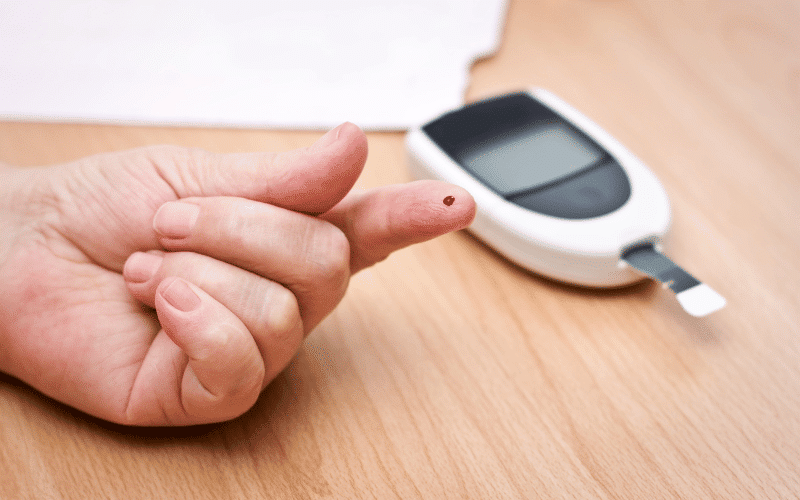Fact 3: The Role of Blood Sugar Control in Dementia Risk

The management of blood sugar levels plays a crucial role in mitigating the risk of dementia, particularly for people with diabetes. High blood sugar levels over an extended period can lead to various health complications, and the brain is no exception to this rule.
Elevated blood glucose levels can result in damage to the blood vessels, reducing the blood flow to the brain and contributing to cognitive decline. Besides, high blood sugar can lead to inflammation, which could potentially damage brain cells and pave the way for dementia.
Consistent control of blood glucose levels may help reduce these risks. It’s not just about avoiding high blood sugar levels; drastic lows can also be dangerous. Hypoglycemia, or extremely low blood sugar, can lead to confusion and, in severe cases, loss of consciousness. Repeated episodes of hypoglycemia have been associated with an increased risk of dementia.
Thus, maintaining a delicate balance in blood sugar control is critical. Proper diet, regular exercise, and adhering to prescribed medication schedules are key strategies for managing blood glucose and potentially reducing the risk of dementia. (3)